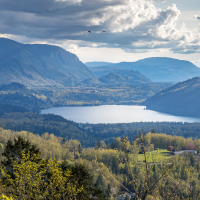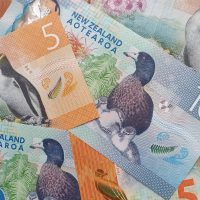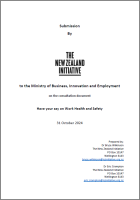
Podcast: How would age limits for social media work?
In this episode, Eric and Michael discuss Australia's proposed law to ban social media for under-16s, examining how age verification would likely require government ID and create serious privacy risks as platforms would need to store this sensitive data. While acknowledging concerns about social media's impact on young people, they argue the Australian approach could enable government surveillance, compromise online anonymity, and create technical challenges that would either be easily circumvented or impose heavy costs on legitimate users. Read more

















